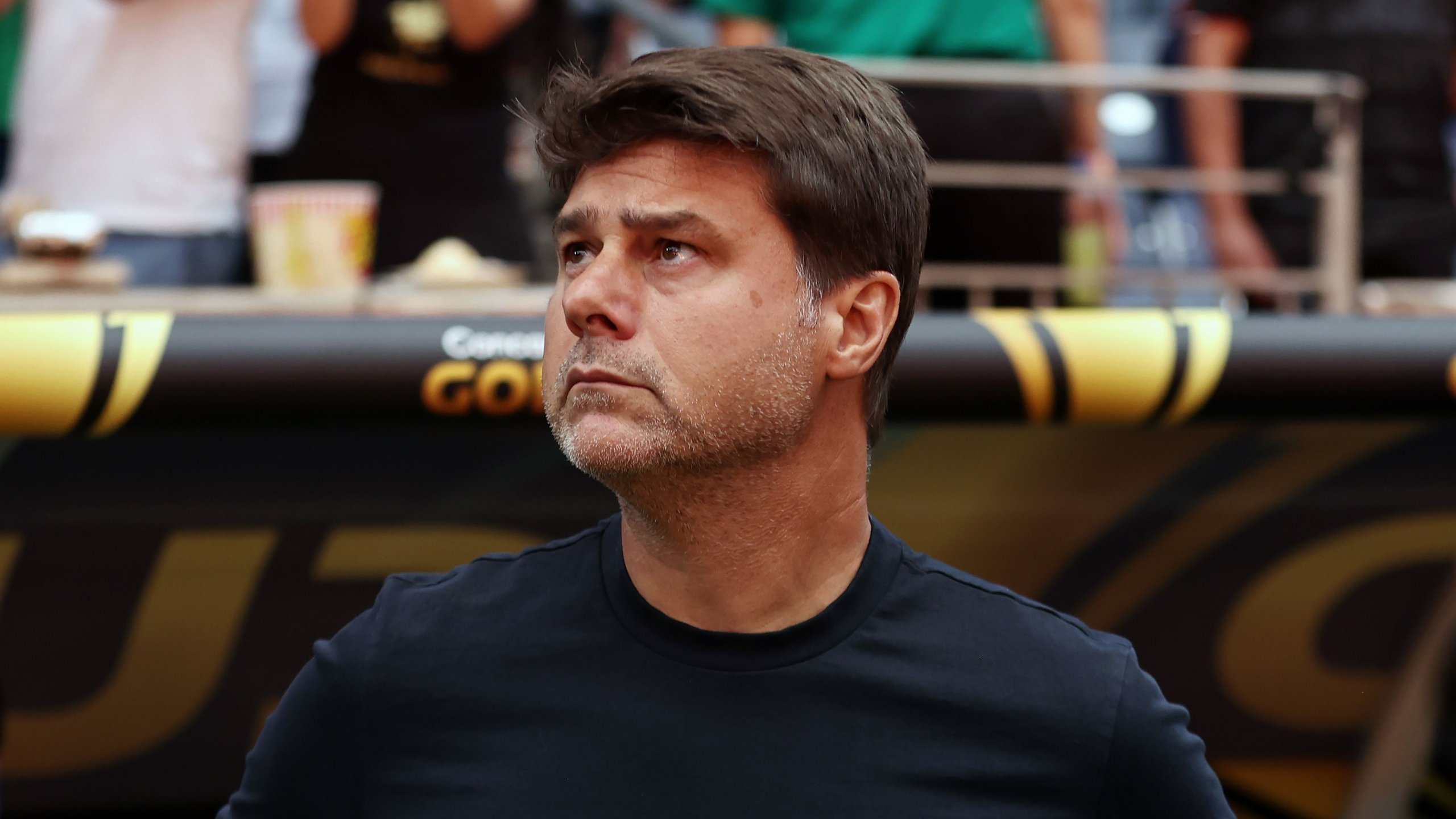Pochettino USMNT Commitment Slammed After Gold Cup Loss
Pochettino USMNT critics grew louder this week as Kasey Keller and Herculez Gomez accused head coach Mauricio Pochettino of a half-hearted approach that, they say, directly contributed to the 2-1 Gold Cup final defeat against Mexico. Their public rebuke has ignited a wider debate about whether the Argentine tactician is investing enough day-to-day energy in a program eyeing the 2026 World Cup on home soil.
Pochettino USMNT commitment in the spotlight
Former national-team goalkeeper Keller argued on the Futbol Americas podcast that the manager’s presence around domestic matches and training camps has been sporadic. “We haven’t seen him truly being present,” Keller said, suggesting that unfamiliarity with the player pool hampered tactical cohesion in Las Vegas. He noted that several squad members revealed they had yet to share a single phone call with the coach months into his tenure.
Keller’s core concerns
Keller’s criticism centered on three main points:
1. Limited scouting of Major League Soccer fixtures despite selecting 15 MLS players.
2. Minimal direct communication with fringe and dual-national prospects.
3. Perceived distraction from side projects, such as high-profile charity events overseas, during critical preparation windows.
In Keller’s view, those omissions translated into hesitation on the pitch when Mexico pressed high in the final’s opening 20 minutes.
Gomez doubles down on the accusations
Ex-striker Gomez echoed that sentiment. On the same broadcast he questioned the optics of paying a reported $6 million salary for a coach rarely seen in American stadiums. Gomez emphasized that dual-national recruitment, a crucial pillar of past U.S. successes, appears stalled: “If you want Gio Reyna or Folarin Balogun mark two, you need to be on planes, shaking hands, selling the project.” Without that hustle, he argued, the Pochettino USMNT era risks plateauing before it truly begins.
Inside Pochettino’s opening year with the USMNT
Appointed in September 2024, Pochettino arrived with elite credentials from Tottenham, Paris Saint-Germain and Chelsea. Federation executives hoped his reputation for nurturing young talent would elevate a core led by Christian Pulisic, Weston McKennie and Sergiño Dest. Early camps featured high-intensity sessions and fresh tactical wrinkles, notably inverted full-backs and rapid central overloads.
However, whispers of disconnect surfaced quickly. Dest admitted in March he had “not yet” spoken privately with the boss. Similar stories leaked from MLS stalwarts desperate to understand where they fit. While European-based stars received detailed analytics via email, domestic players said feedback was sparse.
Why constant presence matters for a national side
Unlike club football, international managers spend limited time on the training ground. Rapport, therefore, is built in press boxes, coffee chats and countless phone calls. The best coaches—think Joachim Löw, Didier Deschamps or Jill Ellis—log thousands of miles to ensure every candidate feels valued.
Without that personal touch, marginal roster members become passengers rather than believers. In the Gold Cup final the United States struggled in transitional moments; midfielders hesitated to press in unison, while full-backs were slow to overlap. Analysts contend those fractions of doubt stem from uncertainty about roles—uncertainty that could have been eased with more face-to-face guidance.
The data behind the critique
• Attendance records show Pochettino at only three MLS matches since January, compared with Gregg Berhalter’s 14 in a similar timeframe.
• Of the 26 players selected for the Gold Cup, nine reported no one-on-one conversation longer than five minutes with the head coach prior to camp.
• Dual-national outreach: U.S. Soccer logged four formal presentations to eligible players under Pochettino, down from 11 in the year before his hire.
The Argentine’s side of the story
Sources close to Pochettino counter that the coach prioritizes detailed video scouting and large-group Zoom seminars over stadium visits. They also point to a condensed winter calendar that forced him to split time between CONCACAF Nations League preparation and staff restructuring at the Chicago headquarters. Privately, he insists he will ramp up travel once a revamped analytics department takes shape.
What’s next for the under-pressure coach?
The schedule leaves little margin for error. The Pochettino USMNT squad meets South Korea on 6 September in Kansas City before hosting Japan in Seattle three days later. Victories alone may not quell concern; fans will scrutinize touchline body language, starting-XI continuity and whether fringe players receive meaningful roles. October’s Nations League quarter-finals then offer a first shot at silverware redemption.
Key areas to watch in the upcoming window
1. Sergiño Dest’s reintegration after injury—does direct dialogue finally happen?
2. Miles Robinson versus Chris Richards at center-back—who earns trust?
3. Dual-national pursuit—will Ajax teenager Pedro Castro commit?
The broader federation perspective
C-suite officials remain supportive in public. Sporting director Matt Crocker praised Pochettino’s “elite standards” but admitted the federation “must communicate those standards better at every level.” Several sponsors, mindful of 2026 marketing plans, have quietly asked for quarterly progress reports. Attendances have stayed healthy, yet social-media sentiment skews negative whenever lineup graphics drop.
Paths to regaining momentum
• Increased MLS visibility: Even two matches a month could reassure domestic players.
• Dedicated dual-national task force: A three-person unit traveling with Pochettino to Europe.
• Transparent communication: Monthly Q&A videos where the coach explains selection rationale.
Final whistle: our view
The criticism from Keller and Gomez is not mere noise—it reflects a genuine worry that the United States may squander a golden generation through simple inattentiveness. Pochettino’s tactical pedigree is undeniable, but international football magnifies soft skills as much as whiteboard genius. Reversing the narrative will require fewer charity sidelines and more bleacher seats at Red Bull Arena and Q2 Stadium. If he embraces that grind, the Pochettino USMNT project can still peak at the World Cup party in three summers. If not, a restless fanbase might soon search for another maestro.
Your global gateway to nonstop football coverage:
Goal Sports News
Share this content:
